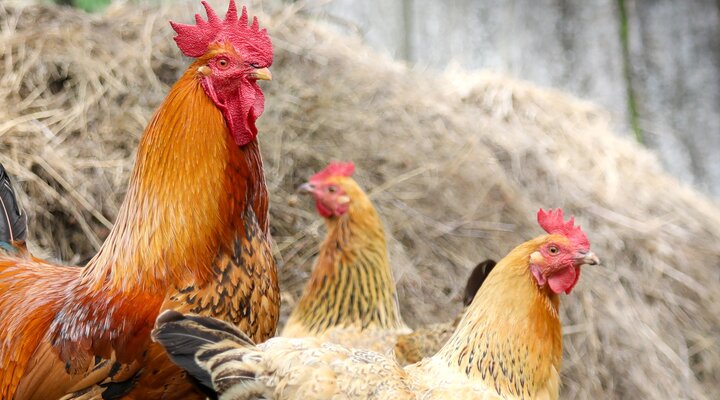Towards edible vaccines for chickens
Project summary
The burden of infectious disease in livestock continues to be a major constraint to sustained agricultural development, food security and economic benefits in developing countries. Eimeria spp. have been recognised as important parasites of poultry for more than 100 years. Risks associated with uncontrolled coccidial infection include failure of chickens to thrive, increased susceptibility to diseases, such as necrotic enteritis, compromised feed conversion and, for some species of parasite, high levels of mortality. Prophylactic anti-coccidial drugs are routinely used to control Eimeria, and live parasite vaccines are popular in some sectors of the industry although they are unsuitable for the dominant broiler sector, small holders and backyard chickens. Drug resistance and the need for in vivo propagation of live vaccines have prompted development of next generation recombinant anti-coccidial vaccines. The most important issues to tackle are (i) development of an efficacious formulation, (ii) demonstrate ease of administration with relevance to routine vaccination of chickens, independent of a cold chain and propagation in live animals, and (iii) a broad spectrum that will protect against multiple strains of Eimeria.
In this project we will test a novel vaccine caplet that can be mixed into feed making it suitable for routine administration to broilers and backyard poultry with particular relevance in low and middle income countries where poultry production is expanding rapidly. The vaccine format is highly stable in the environment and can easily be stored without a cold chain. Two promising Eimeria antigens are being taken forward in this proposal due to their ability to reduce parasite burden in infected animals when administered via injection. We will utilize an established innovative oral vaccine-delivery technology in humans and test its ability in chickens with the aim to develop a prototype vaccine against Eimeria.
Project outcomes
In this project we tested a novel oil formulation as a vaccine vehicle that targets the mucosal immune system. We have shown the ability of the oil formulation to bind to intestinal epithelial cells and induce both a systemic and mucosal immune response to model antigens in chickens. This vaccine has the potential to be mixed into feed, making it suitable for routine administration to broilers and backyard poultry. This oil formulation is of particular relevance in low and middle income countries where poultry production is rapidly expanding but they have little or no access to cold-chain resources required for current chicken vaccines.
